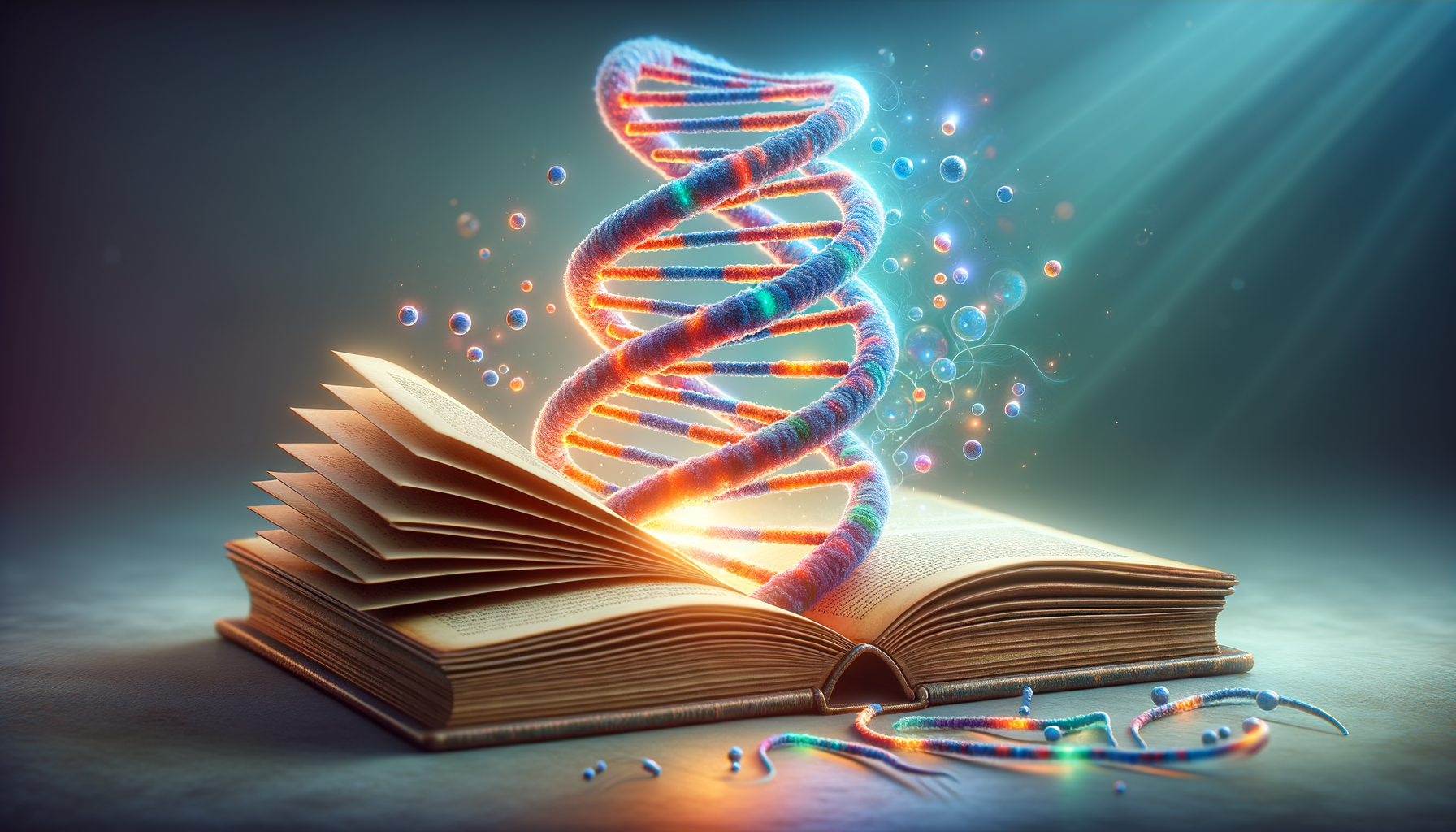Your DNA, Your Story – Start Unfolding It
DNA testing opens doors to understanding our genetic heritage, health predispositions, and personal identity.

Understanding DNA Testing: A Gateway to Your Genetic Blueprint
DNA testing has revolutionized the way we perceive our ancestry, health, and identity. By analyzing the genetic material found in our cells, DNA tests can provide insights into our ethnic origins, potential health risks, and even our familial connections. The importance of DNA testing lies in its ability to offer a comprehensive view of our biological makeup, which can aid in making informed decisions about our health and lifestyle.
At its core, DNA testing involves the extraction and examination of genetic material from a sample, commonly saliva or a cheek swab. This genetic material contains the instructions that dictate everything from our physical attributes to our susceptibility to certain diseases. With advancements in technology, DNA testing has become more accessible and affordable, allowing individuals to explore their genetic information from the comfort of their homes.
DNA testing services generally fall into three categories: ancestry, health, and paternity. Each type offers different insights and serves distinct purposes. Ancestry tests provide information about ethnic backgrounds and potential relatives, while health-related tests can indicate genetic predispositions to certain conditions. Paternity tests, on the other hand, are used to confirm biological relationships. The versatility of DNA testing makes it a powerful tool for personal discovery and health management.
The Science Behind DNA Testing: How It Works
The science of DNA testing is rooted in the understanding of genetic information encoded in the DNA molecules. DNA, or deoxyribonucleic acid, is composed of nucleotides arranged in a double helix structure. These nucleotides are paired in specific sequences that form genes, which are responsible for various traits and functions in the body.
When a DNA test is conducted, the sample is processed in a laboratory where the DNA is extracted and analyzed. This process involves amplifying the DNA through a technique called polymerase chain reaction (PCR), which creates multiple copies of the genetic material for detailed examination. The amplified DNA is then sequenced to identify specific genetic markers that provide insights into ancestry, health, or familial relationships.
Genetic markers are unique sequences in the DNA that can be associated with certain traits or conditions. By comparing these markers against a database, scientists can determine ethnic origins, identify potential health risks, or confirm biological relationships. The accuracy of DNA testing largely depends on the size and diversity of the database used for comparison, as well as the quality of the sample provided.
DNA Testing for Ancestry: Tracing Your Roots
Ancestry DNA testing has gained immense popularity as people seek to uncover their ethnic origins and connect with distant relatives. These tests analyze specific genetic markers that are indicative of ancestry from various regions around the world. By comparing your genetic markers with those in a comprehensive database, ancestry tests can estimate the proportion of your genetic heritage from different populations.
One of the fascinating aspects of ancestry DNA testing is its ability to reveal unexpected connections. Many individuals discover surprising elements of their heritage, leading to a deeper understanding of their family history. Additionally, some DNA testing services offer the option to connect with genetic matches, allowing individuals to find relatives they may not have known existed.
Ancestry DNA tests are not just about discovering ethnic percentages; they also provide insights into migration patterns and historical contexts. By understanding where our ancestors came from and how they moved across the globe, we can gain a richer perspective on our personal histories and the broader human story.
Health Insights Through DNA Testing: A Proactive Approach
Health-related DNA testing offers valuable insights into an individual’s genetic predispositions to certain health conditions. By identifying genetic markers associated with diseases such as cancer, heart disease, or diabetes, individuals can take proactive steps to manage their health and mitigate risks.
These tests often provide information on how an individual might respond to certain medications, enabling personalized treatment plans. For instance, pharmacogenomics, a field that studies how genes affect a person’s response to drugs, can guide healthcare providers in prescribing medications that are more effective and have fewer side effects based on a patient’s genetic profile.
While health DNA testing can be a powerful tool for disease prevention and management, it is essential to approach the results with caution. Genetic predisposition does not guarantee the development of a condition; lifestyle and environmental factors also play significant roles. Therefore, it’s crucial to consult with healthcare professionals to interpret the results accurately and develop a comprehensive health strategy.
Ethical Considerations and Privacy Concerns in DNA Testing
As DNA testing becomes more widespread, ethical considerations and privacy concerns have emerged. The collection and storage of genetic information raise questions about data security and the potential misuse of sensitive information. It is vital for individuals to understand how their genetic data will be used, shared, and protected by DNA testing companies.
One of the primary concerns is the possibility of genetic discrimination. There is a risk that individuals could be treated unfairly based on their genetic information, particularly in areas such as employment or insurance. To address these concerns, some regions have implemented laws to protect individuals from genetic discrimination, but these protections vary widely.
Moreover, the sharing of genetic data with third parties, such as research institutions or law enforcement, can be a point of contention. Transparency about data sharing policies and obtaining informed consent from users are crucial steps in addressing these ethical issues. As DNA testing continues to evolve, ongoing discussions about privacy and ethics will be essential to ensure that the benefits of genetic insights are realized without compromising individual rights.